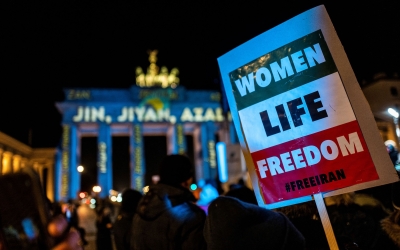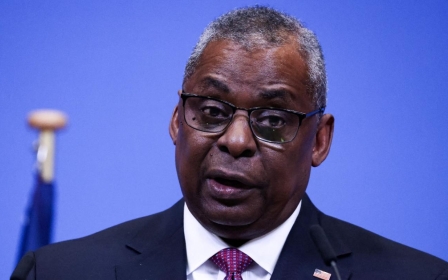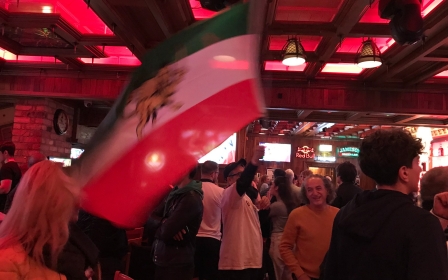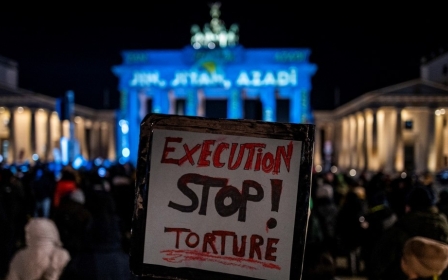Iran executes three anti-government protesters
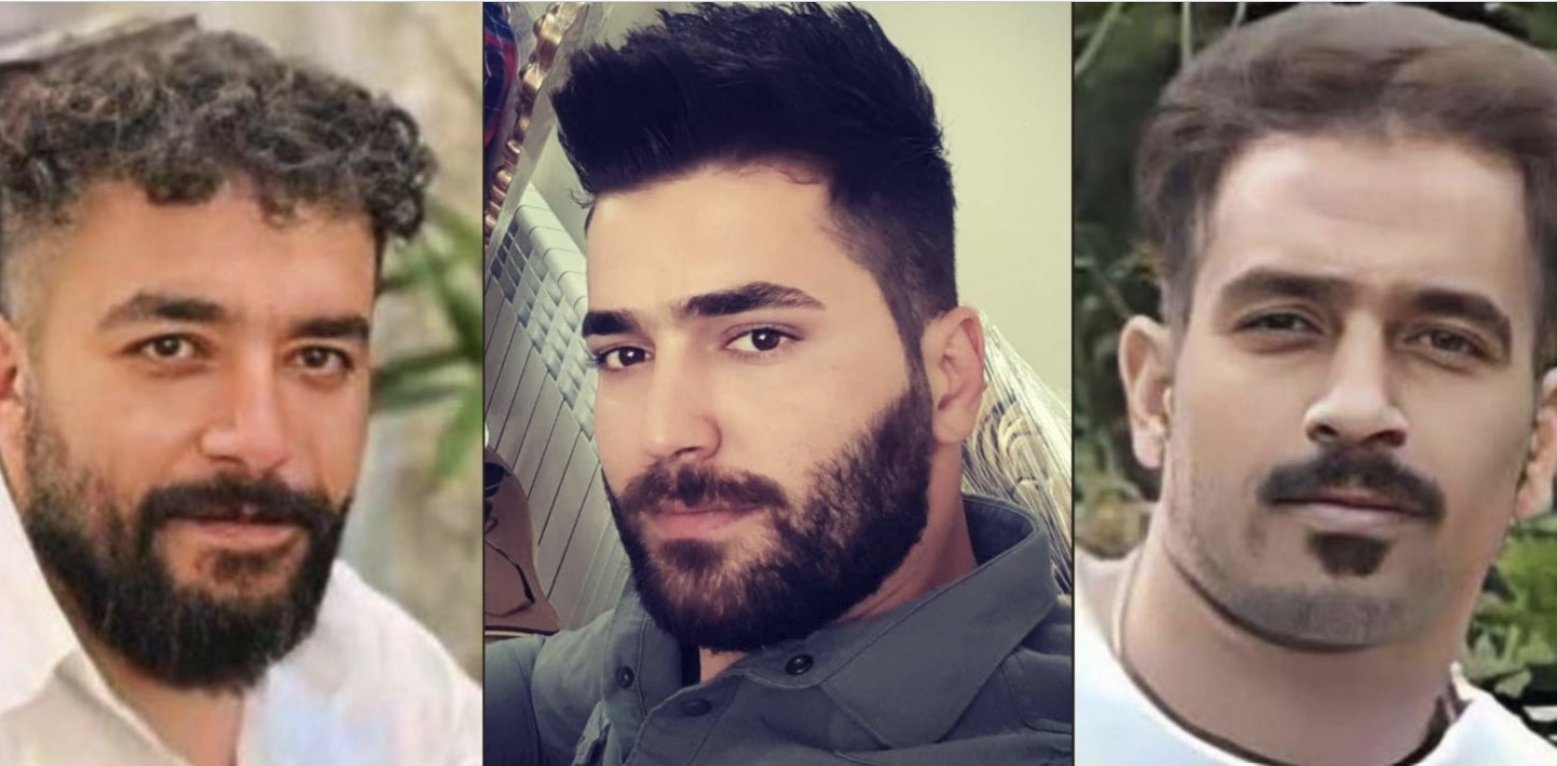
Three men allegedly tortured by authorities were executed in Iran on Friday after being found guilty of engaging in deadly violence during anti-government protests last year.
Mizan, the Iranian judiciary’s website, announced the executions of Majid Kazemi, Saleh Mirhashemi, and Saeed Yaghoubi.
The three men were arrested in November 2022 following their participation in protests in Isfahan.
In an audio message recorded before his execution, Kazemi said that his confession had been tortured out of him.
Authorities say the men killed a police officer and two members of the paramilitary Basij group in the central Iranian city.
In a report released before the executions were carried out, Amnesty International called on the international community to take "bold action to prevent the execution of three tortured protesters".
"The shocking manner in which the trial and sentencing of these protesters was fast-tracked through Iran’s judicial system amid the use of torture-tainted ‘confessions’, serious procedural flaws, and a lack of evidence, is another example of the Iranian authorities’ brazen disregard for the rights to life and fair trial," Amnesty said.
The latest hangings bring to seven the number of people executed since the protests that followed the death in police custody of 22-year-old Mahsa Amini.
At least 109 people are facing the death penalty in protest-related cases, according to the Norway-based group Iran Human Rights.
Amini died on 16 September in police custody after being arrested for allegedly wearing her mandatory hijab "inappropriately".
In a recorded audio message obtained by Amnesty International, Majid Kazemi, one of the men executed on Friday, said:
“I swear to God I am innocent. I didn’t have any weapons on me. They [security forces] kept beating me and ordering me to say this weapon is mine... I told them I would say whatever they wanted, just please leave my family alone. I did whatever they wanted because of the torture.”
The men were put on trial in December 2022 and January 2023 and sentenced to death on a charge of “enmity against God” for the alleged possession of a firearm.
On 10 May, authorities announced that the men’s sentences had been upheld by the Supreme Court.
In early January, Iran hanged Mohammad Mehdi Karami and Seyyed Mohammad Hosseini, who were both found guilty of killing a member of the Islamic Revolutionary Guard Corps (IRGC) volunteer Basij force during anti-government protests.
The executions were also condemned by human rights groups.
“It is abhorrent that the Iranian authorities persist in their state-sanctioned killing spree as they desperately seek to end the protests and cling to power by instilling fear among the public,” Diana Eltahawy, Amnesty International’s deputy director for the Middle East and North Africa, said in the wake of the hangings.
In recent months, the Mahsa Amini demonstrations have largely subsided, though there are still sporadic acts of defiance, including women refusing to wear the headscarf.
Over 500 protestors were killed by security forces during the unrest that followed her death, according to rights groups.
Last month, Iranian President Ebrahim Raisi said that the hijab was the law in the Islamic Republic, after a viral video showed a man throwing yoghurt at two unveiled women in a shop near a holy Shia Muslim city.
Middle East Eye propose une couverture et une analyse indépendantes et incomparables du Moyen-Orient, de l’Afrique du Nord et d’autres régions du monde. Pour en savoir plus sur la reprise de ce contenu et les frais qui s’appliquent, veuillez remplir ce formulaire [en anglais]. Pour en savoir plus sur MEE, cliquez ici [en anglais].


